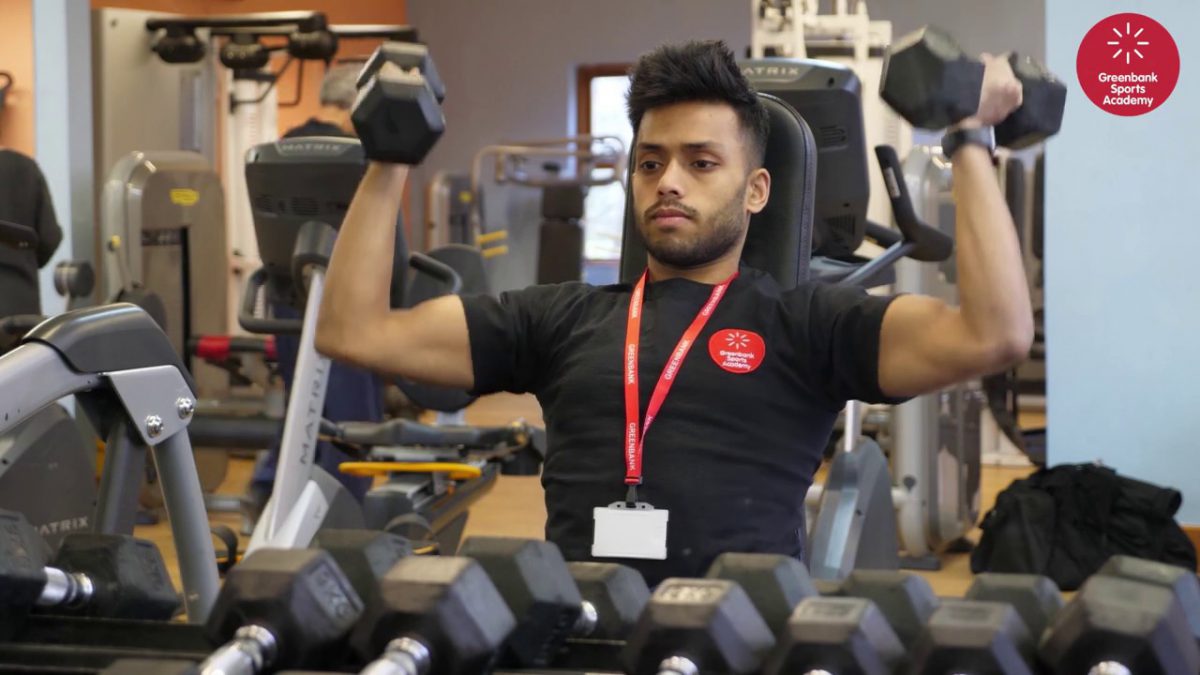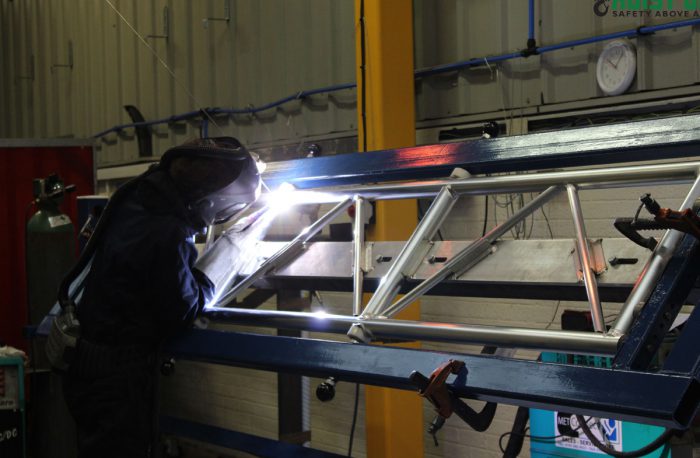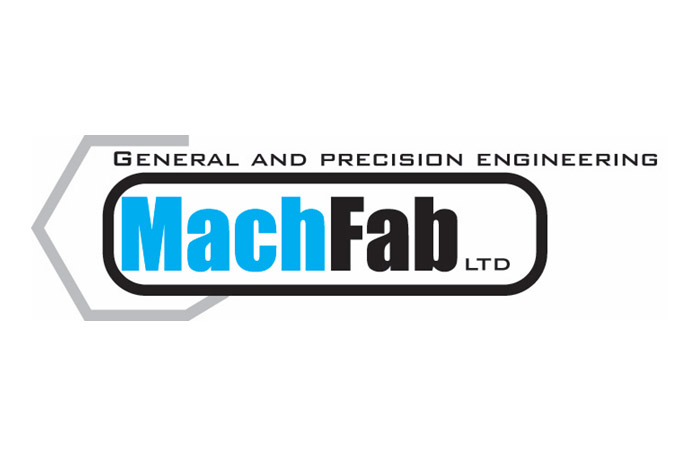Greenbank Sports Academy
Greenbank Sport Academy (GSA) is part of the wider Greenbank Project, a Liverpool based registered charity which is both owned and run by disabled people. Greenbanks’ mission is to help people with disabilities to access physical education, sports and recreation facilities. They have become an invaluable member of the local community by enabling local residents to take advantage of offerings such as school holiday clubs, sporting events, specialist sport coaching, training facilities for elite athletes, accommodation facilities, a gym and sports hall – all provided on a not for profit basis.

Approaching LCR 4.0
GSA sought to develop a user-friendly sports wheelchair which could be used to play power hockey and wheelchair football – which they have since named as ‘The Equaliser’.
GSA has extensive knowledge within this space and knew a similar chair had already been developed in America, but crucially this chair had only been developed with wheelchair football in mind – preventing the effective dual-use of the chair for both sports. GSA created their first prototype but this was quite heavy and bulky, so they approached LCR4.0 to see what solution they could offer.
Partner Support
LCR 4.0 delivery partner, LJMU subsequently engaged with their academic and technical staff to find potential paths to improvement. Working closely with the academy, LJMU were able to develop a package of work which focussed upon digitally modelling the Equaliser to discover whether modifications to both materials and design could lead to reductions in weight and increase ease of use.
LJMU staff and students also suggested a range of performance test utilising LJMUs engineering in-house facilities, focusing heavily upon motor and battery components.
Results
The LJMU team discovered a number of potential iterative design improvement that could be made to the Equaliser and with Greenbanks’ guidance, worked to implement these improvements directly upon the prototype.
A suitable alternative lightweight construction material was also discovered which have led to the potential for large weight savings for the chair (making it more manoeuvrable, transportable and easy to use).
Analysis of the Battery and motor performance is still ongoing, with an aim to release further updates prior to the creation of the next Equaliser prototype.
Working into the Future
GSA have already begun integrating the LJMU led improvements into their next Equaliser iteration. The team is confident that, with further development support from LJMU and other partners, they will be able to take the Equaliser from prototype to real-world product.
The team is already looking ahead to partner up with a suitable manufacture right here in the UK. With the recent design/material improvements it is hoped that the Equaliser could be sold for as little as half the cost of current chairs available on the market- opening the potential for the Equaliser to benefit the lives not just for the disable people of Liverpool but also those around the world.


